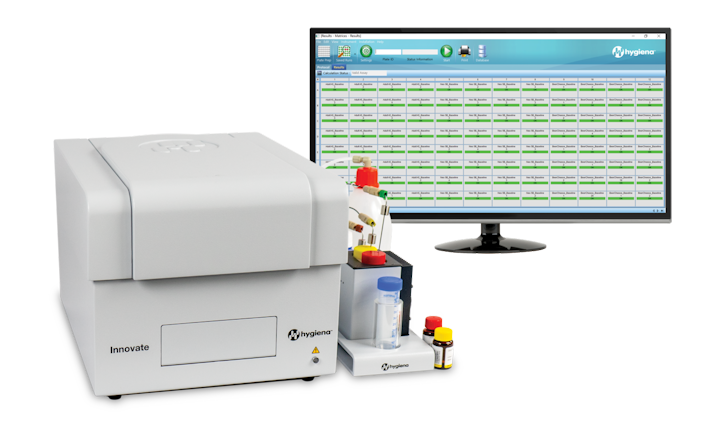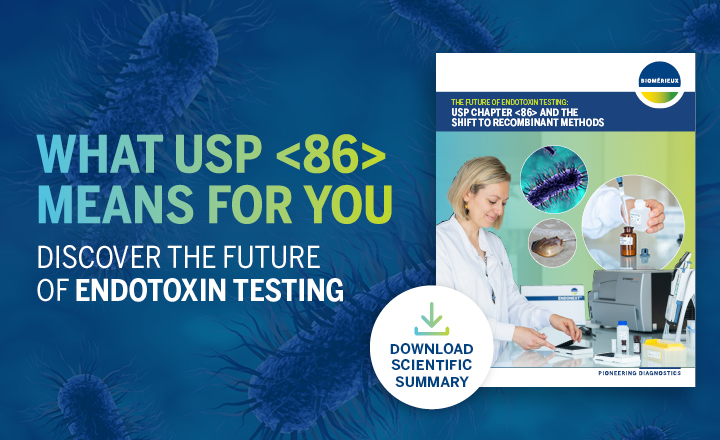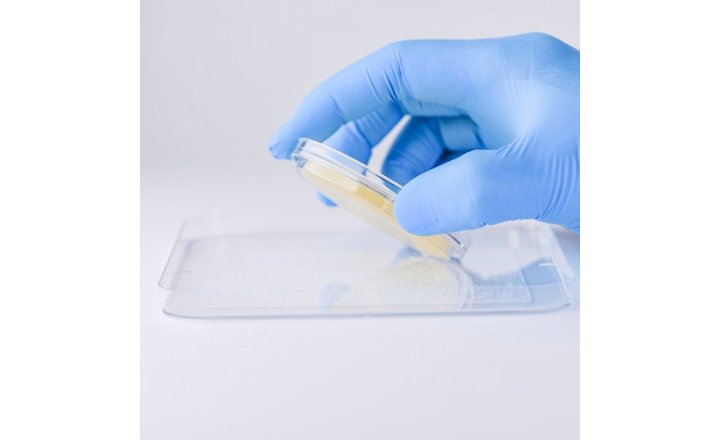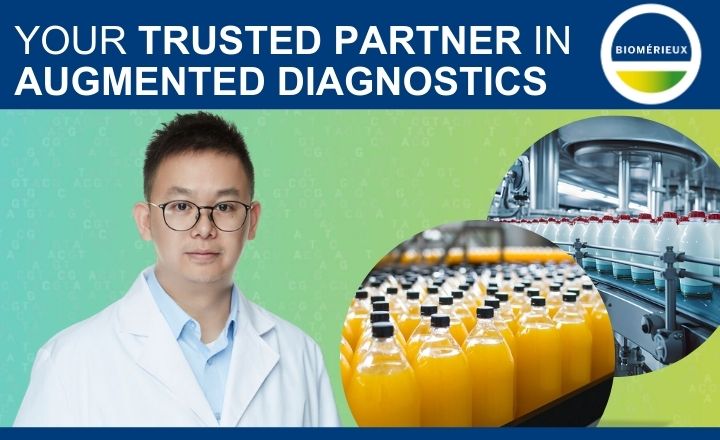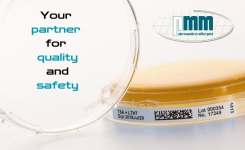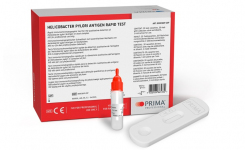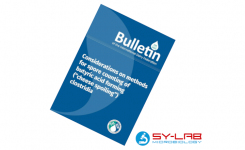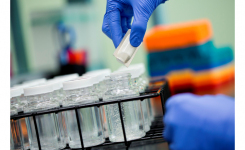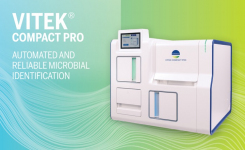MicroVal has just issued the first certificate for Neogen’s Soleris Enterobacteriaceae, based on a semi-quantitative validation for detection of Enterobacteriaceae in dairy products at a threshold of <10cfu/ml. The study was conducted by Campden BRI.
This novel approach was designed to meet a specific legislative requirement in EU 2073 for the presence of Enterobacteriaceae in dairy products at a level of <10 cfu/ml. Historically, ISO 16140-2:2016 validation studies have either been quantitative i.e. based on enumeration of microorganisms in the test samples, or qualitative, i.e. based on detecting the presence or absence of a target microorganism in a test sample. This semi-quantitative study design compared the results from the enrichment of a test sample in the Neogen Soleris system using the S2-EBAC9 Enterobacteriaceae vial with the results from the reference method which uses a plating method. The unique part of this validation was the use of a single plate of the reference agar where the absence of any colonies was equivalent to detection of <10 cfu/ml and the presence of one or more colonies was equivalent to detection of >10 cfu/ml. Hence the approach used a plate count method as a qualitative result and not a quantitative result.
This semi-quantitative approach could have a wide application to many other microbiological test methods which use a dilute to specification approach to show compliance with a target threshold of, for example, <10 cfu/ml or <100 cfu/ml.
MicroVal is an international certification organisation for the validation and approval of alternative methods for the microbiological analyses of food and beverages. MicroVal facilitates validation and certification against ISO 16140-2:2016, ISO/DIS 16140-6:2017 and other validation standards. MicroVal has issued over 50 certificates. The certificate for Neogen’s Soleris Enterobacteriaceae can be found by the number 2018LR83.
For more information: microval.org






